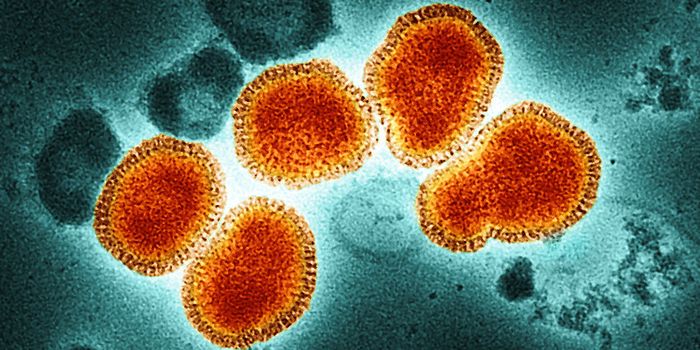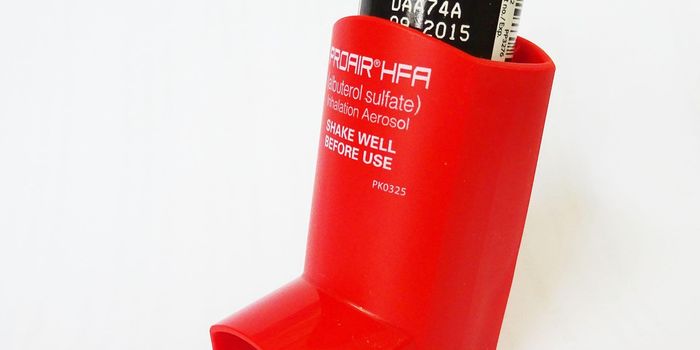Cows Need Vitamin A to Reduce Cow's Milk Allergies
Proteins in cow’s milk can cause an allergic reaction different from lactose intolerance, but these proteins also hold the key to suppressing those reactions. A new study from the University of Veterinary Medicine in Vienna shows how a metabolite of vitamin A could reduce the severity of rare milk allergies.
Unlike a case of lactose intolerance where an inadequate amount of lactase prevents the breakdown of lactose, a sugar found in milk, a milk allergy affects just two to three percent of children younger than three years old. Lactose intolerance affects about 65 percent of the human population in some form or another.
A true milk allergy is characterized by an immune response against milk proteins: the immune system produces Th2 immune cells, and they produce antibodies that trigger an allergic reaction. Antibodies target milk proteins as if they were harmful pathogens, the hallmark of any autoimmune disease.
One milk protein called Bos d 5, also known as beta-lactoglobulin, is part of the protein family lipocalins. It activates Th2 immune cells and initiates the autoimmune response, which becomes evident with swelling of the mouth or mucous membranes, diarrhea, aggravated atopic dermatitis, or - worst case scenario - allergic shock. However, beta-lactoglobulin is also capable of countering the immune response.
"This special protein family is characterized by molecular pockets that can take in small molecules like retinoic acid, which is a metabolite of vitamin A," explained first author Karin Hufnagl.
By “pocketing” retinoic acid, beta-lactoglobulin reduces the immune response to a moderate level and prevents those affected by milk allergies from becoming sensitized to milk proteins and expressing an allergy. For beta-lactoglobulin to have a real effect on people with milk allergies, cows would need a significant supply of vitamin A.
Researchers are unsure if vitamin A supplementation would elicit the same response as natural vitamin A, but they believe it’s likely supplements won’t have the same beneficial effect on reducing allergic reactions to milk proteins. Instead, they suggest cattle fodder with natural sources of vitamin A: liver, fish oils, leafy green vegetables, orange and yellow vegetables, tomato products, fruits, and some vegetables oils.
The present study was published in the journal Scientific Reports.
Sources: Genetics Home Reference, American College of Allergy, Asthma, & Immunology, National Institutes of Health Office of Dietary Supplements, University of Veterinary Medicine - Vienna









